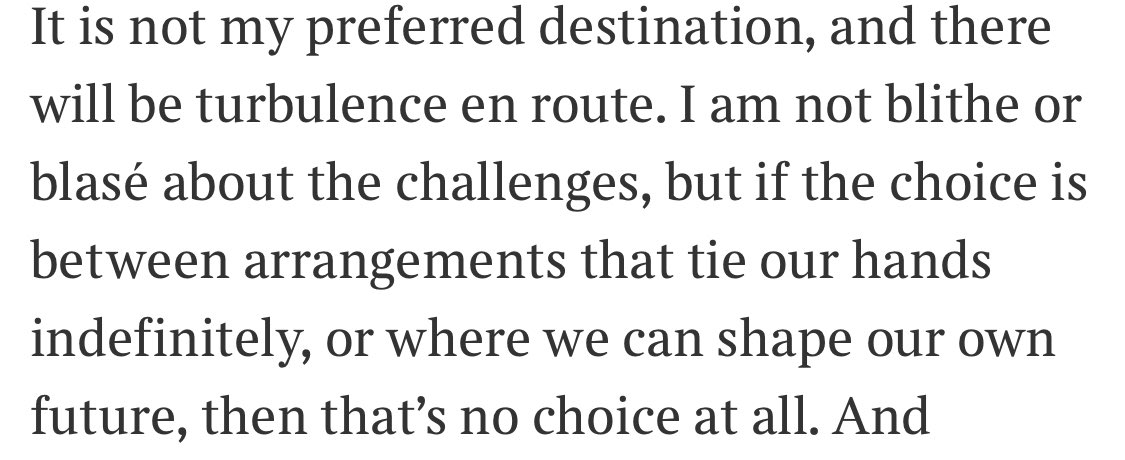
Thread. As he says, progress on subsidy control/level playing field will come only when the principals get involved.
https://twitter.com/AntonSpisak/status/1319026509412171782
On that issue, this by @DavidGHFrost is meaningless. The live question is what kind of 🇬🇧 subsidy regime the “independent and sovereign” UK is prepared to agree to. 
https://twitter.com/davidghfrost/status/1318946907213959170?s=21

As so often, Tony gets it right: this is what Johnson will need to accept.
https://twitter.com/tconnellyRTE/status/1318967018385772544
And in making that concession, he would be doing what is anyway in the UK interest - for this, among other, reasons.
https://twitter.com/GeorgePeretzQC/status/1319166815885529088
• • •
Missing some Tweet in this thread? You can try to
force a refresh






